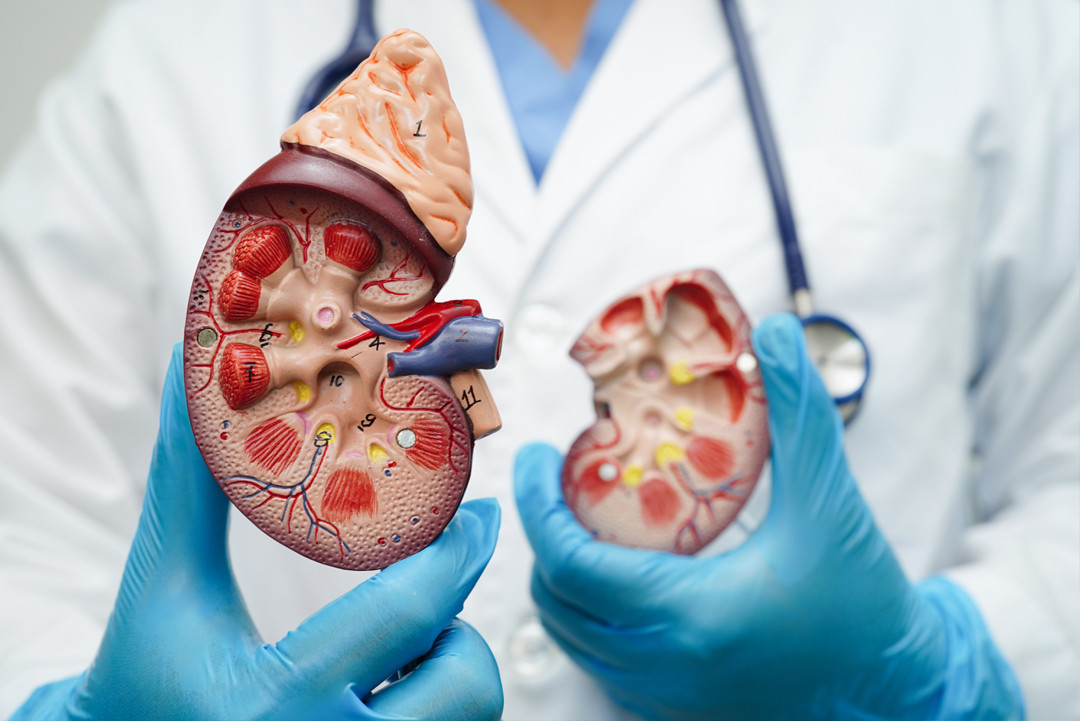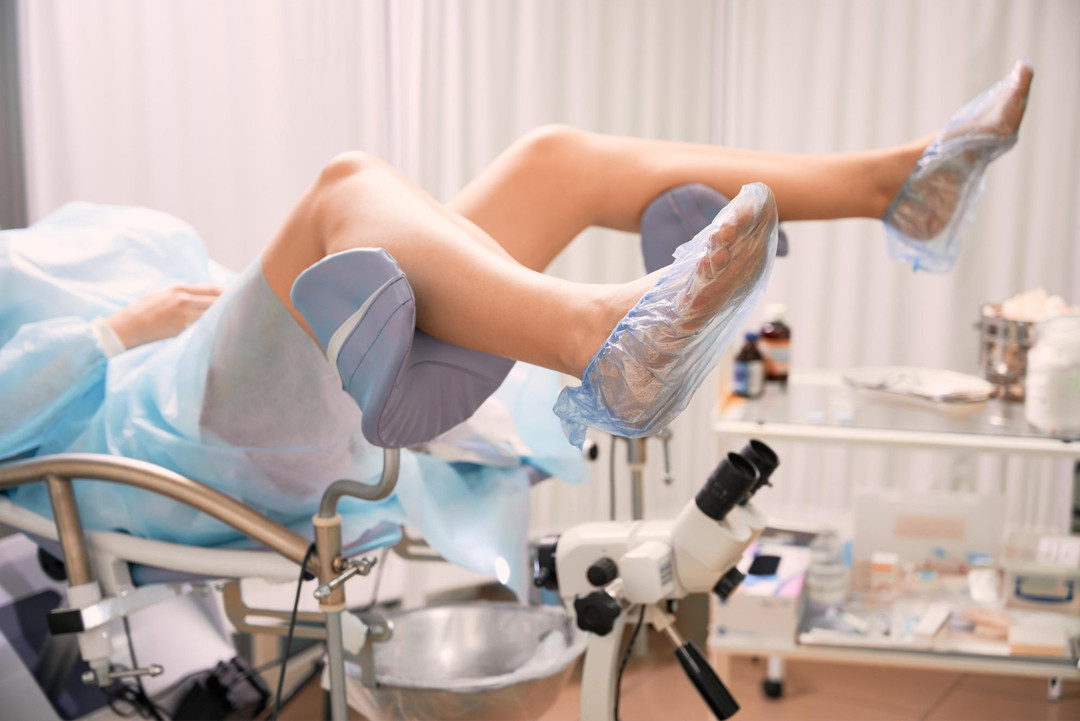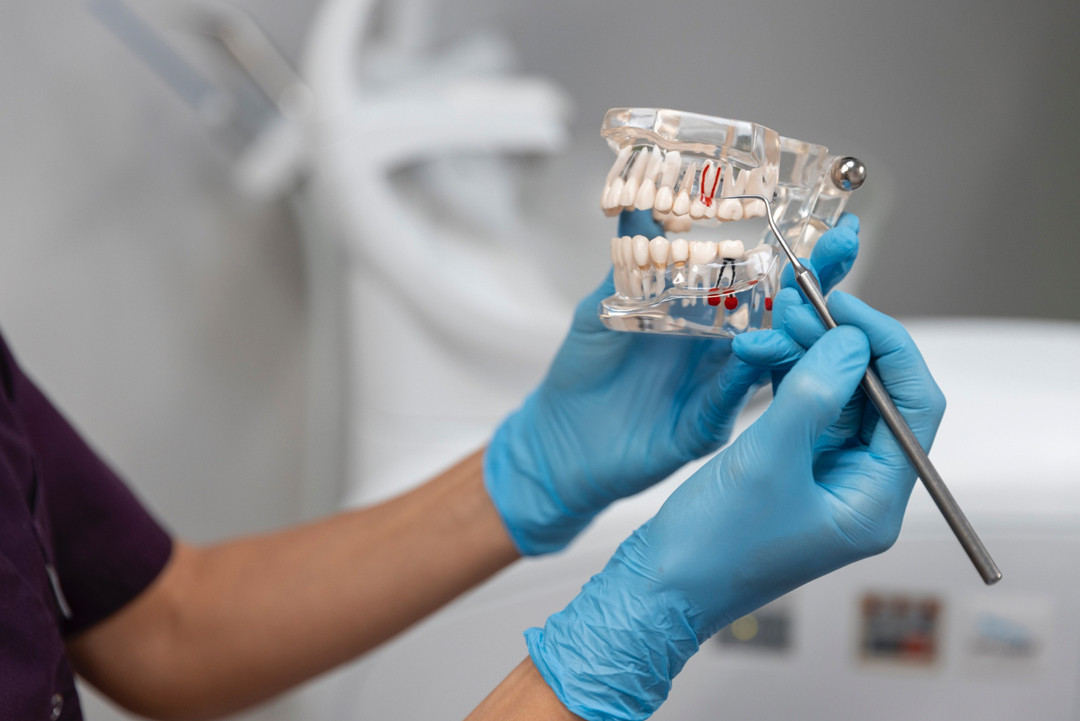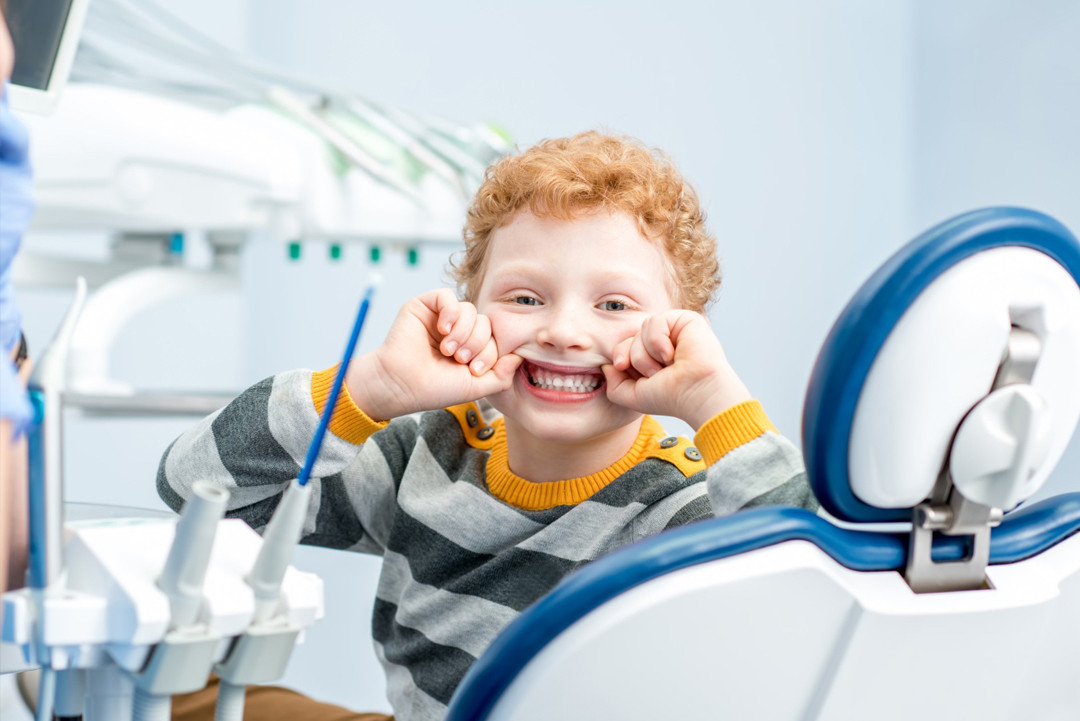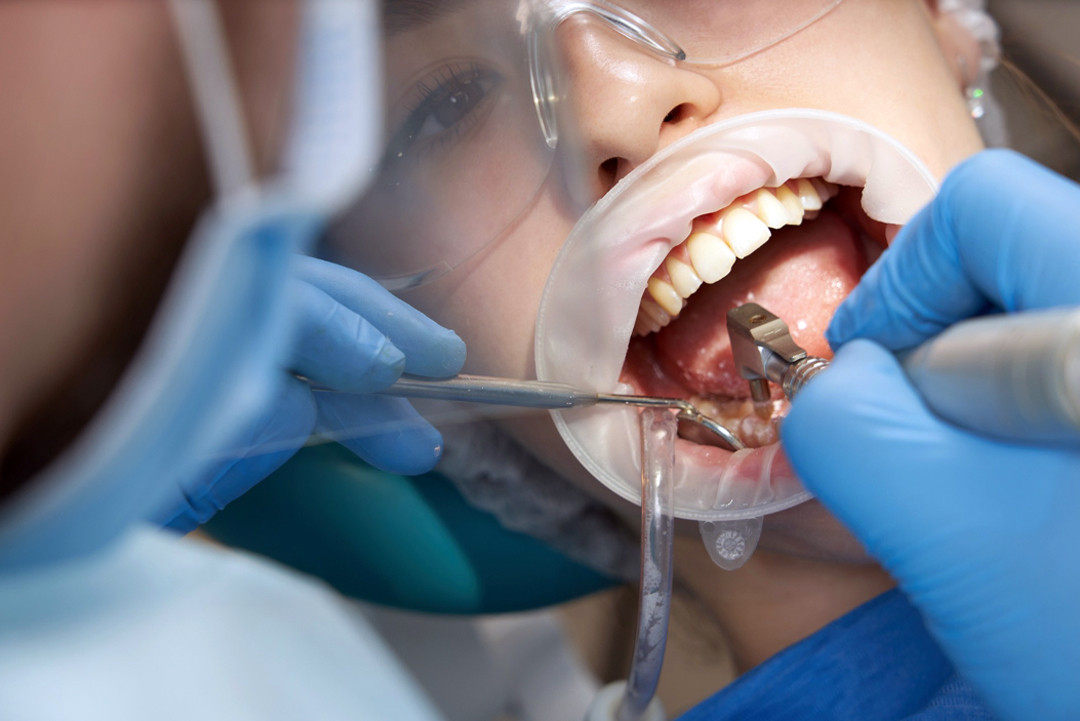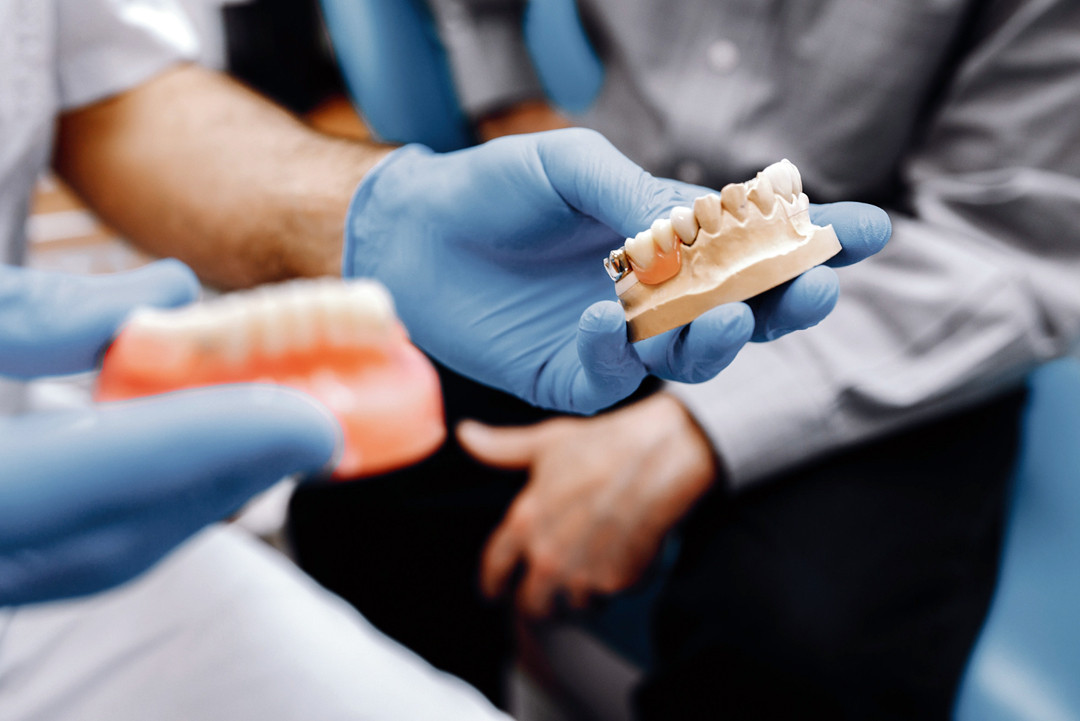Overview of Urology
Urology is a medical specialty focusing on the diagnosis and treatment of urinary tract disorders and male reproductive issues. Urologists are skilled in both medical and surgical interventions for conditions like kidney stones, urinary infections, prostate issues, and infertility.
Diagnostic Methods in Urology
- Urinalysis: Detects abnormalities like blood, protein, or bacteria in urine.
- Blood Tests: Assesses kidney function, hormone levels, and PSA for prostate cancer.
- Imaging Tests: X-rays, ultrasounds, CT scans, and MRIs to detect abnormalities.
- Cystoscopy: A camera-equipped thin tube examines the bladder and urethra.
- Urodynamics: Tests bladder and urinary function for incontinence or retention.
- Biopsy: Extracts tissue samples for cancer or disease diagnosis.
Common Conditions Treated in Urology
- Urinary Tract Infections (UTIs): Common bacterial infections affecting the bladder, urethra, or kidneys.
- Kidney Stones: Painful accumulations of calcium or oxalate in the kidneys.
- Prostate Issues: Includes benign enlargement, prostatitis, or prostate cancer.
- Bladder Problems: Includes incontinence and bladder cancer.
- Erectile Dysfunction: Inability to maintain an erection.
- Male Infertility: Diagnosed and treated using tailored approaches.
- Testicular Cancer: Requires early detection for effective treatment.
- Urinary Incontinence: Leakage caused by weak bladder muscles or nerve issues.
- Peyronie’s Disease: Curvature of the penis, often corrected with surgery.
- Overactive Bladder Syndrome: Involuntary bladder contractions causing urgency.
- Interstitial Cystitis: Chronic bladder inflammation with pain and frequent urination.
- Hydronephrosis: Enlarged kidneys due to urinary blockages.
- Urinary Tract Cancers: Affecting kidneys, bladder, or urethra.
- Varicoceles: Enlarged veins in the scrotum, treated surgically if necessary.
- Congenital Abnormalities: Addressed in children and adults.
Treatment Methods in Urology
- Medications: Antibiotics for infections, hormone therapy, or medications for incontinence and erectile dysfunction.
- Surgery: Includes tumor removal, prostate surgeries, or kidney stone extraction.
- Radiation Therapy: Often used for prostate or bladder cancer.
- Shockwave Lithotripsy (ESWL): Breaks kidney stones using sound waves.
- Minimally Invasive Procedures: Laparoscopic or robotic-assisted surgeries for faster recovery.
- Behavioral Therapies: Pelvic exercises and bladder training.
Female Urology
- Focus: Treats pelvic floor disorders and urinary tract conditions unique to women.
- Common Conditions: Urinary incontinence, pelvic organ prolapse, and UTIs.
- Special Care: Includes treatment during pregnancy and after childbirth.
When to Visit a Urologist
- Persistent Symptoms: Painful urination, frequent urination, or blood in urine.
- Prostate Issues: Difficulty urinating or elevated PSA levels.
- Kidney Stone Symptoms: Severe back or abdominal pain.
- Erectile Dysfunction or Infertility: For diagnosis and treatment planning.
- Recurring UTIs: Especially in women or after certain procedures.
For accurate diagnosis and effective treatment, consult an experienced urologist.

